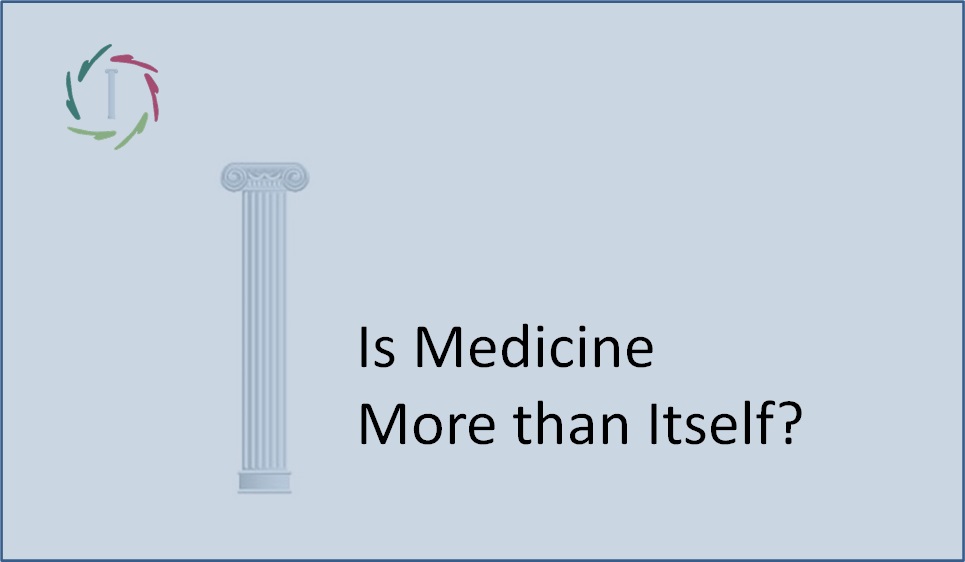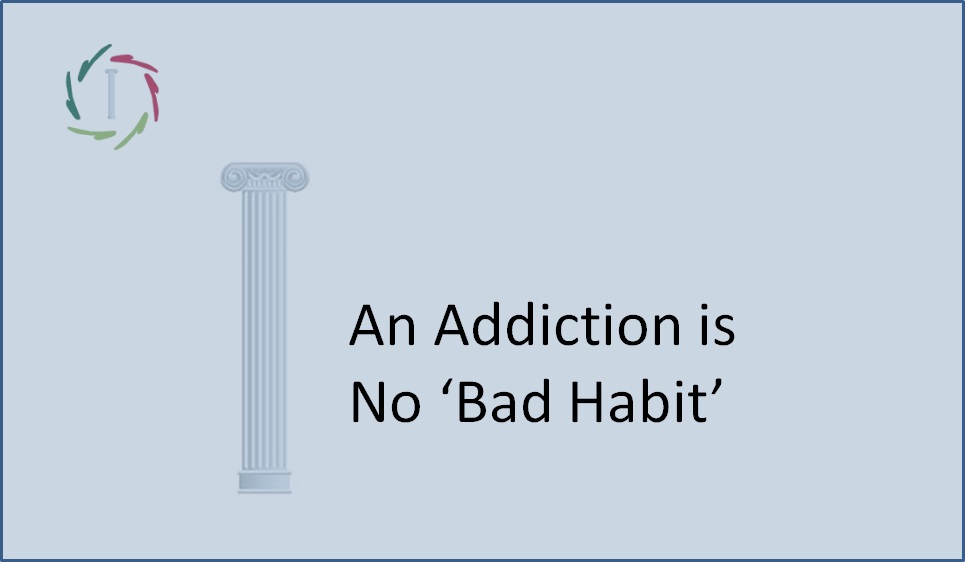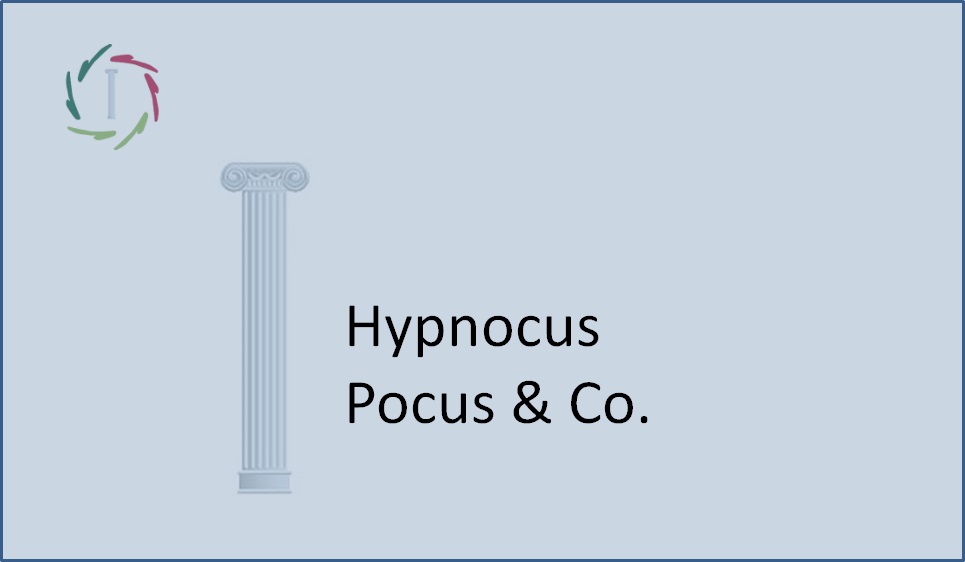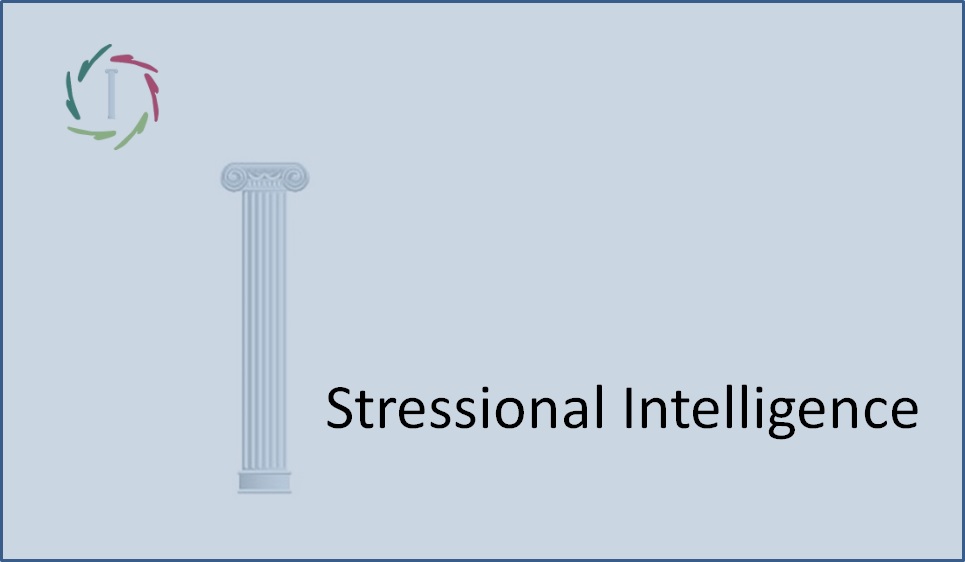48. Is Medicine More than Itself?

The phenomenon called ‘human being’ is a totality, not the sum of all parts.
The elephant viewed through the keyhole.
Suppose several people are looking through a keyhole simultaneously, with the necessary drumming, of course, at an elephant who is standing in the room behind that door. One observer sees the elephant’s tail; the other sees his trunk; another sees his ear.
Conclusion of the observers: in that room, there is a trunk (or an ear or a tail). Is that conclusion correct? The only sure thing is that one can only understand the concept ‘elephant’ in its entirety.
If the only thing you see is an ear, a trunk, or a tail, you are losing the elephant.
Several observers are looking through a keyhole at the phenomenon of ‘human being.’ One sees a body, the other a political being, a spiritual being, etc. The phenomenon ‘human being’ is the totality, viewed as a unit. If one looks at every angle in isolation, one loses the entirety.
So, a purely material-medical view of man is not only incomplete but also downright wrong. The consequences are similar.
Psycho-somatics: medicine or not?
From a purely technical point of view, one can make a technical classification of the human being without too many tears. In terms of psycho-somatics, the maps are different. The whole elephant here is the entire human embedded in his environment in the broadest sense of the word.
For example, medieval man, with his guilt and fear, had a religious problem. Today’s person with indeterminate guilt and fear apparently has a psychological, if not a medical problem. However, the real person in this situation has an issue that can be viewed from different sides. These are all meaningful sides, including the religious one. Not in the medieval form if you ask me, but in (post)modern state, as a tension that drives to re-ligare, reconnect with one’s human depth, without a statement as to where it ends.
Medicalization in this respect is problematic if it strives to remove this depth to benefit the box in which medicine is placed.
Very exciting: box-thinking not only complicates any depth but IS itself the opposite.
Another example: the level of aggression within a particular culture (xenophobia, discrimination, road rage, child abuse, to outright war) is not separate from medicine. How depth is handled is directly linked to aggression in cultural standards. Inward aggression ultimately results in outward aggression. This goes – again – very far.
In psycho-somatics, deeper layers show themselves as negative symptoms because they don’t have the means to express themselves healthily.
Suppressing this is downright aggressive. So, for every single patient, it is essential not only that he feels/behaves better, but also in which way he feels/behaves better. This is important for the patient, his environment, and the entire culture. This idea may cause a culture shock to many colleagues.
Doctors without borders
How is that supposed to be: a medicine that assumes that the previously set boundaries are vague in reality? There are two possibilities:
1. The doctor focuses solely on the technical domain. Strictly speaking, of course, this is impossible. It is an attitude that one imagines, a hill that one occupies exclusively.
2. The doctor goes very deep into the phenomenon of ‘human’ in all layers and domains. That, too, is impossible. The phenomenon ‘human’ is far too broad to acquire expertise in every area of it.
There are still two impossibilities, and a dose of goodwill left to make the most of it.
Doctors without borders, however, do not have a limited gaze. They know that the ‘healing’ of an individual often has to do with an entire culture. It would be desirable if some depth concerning this could be found in the training of doctors.


